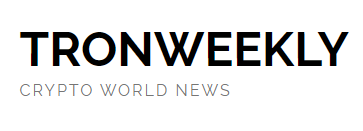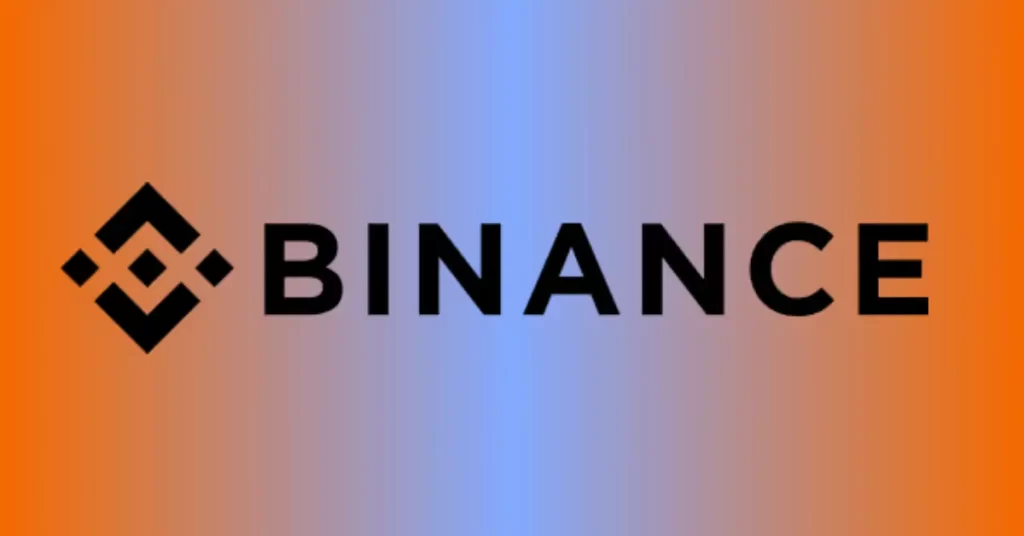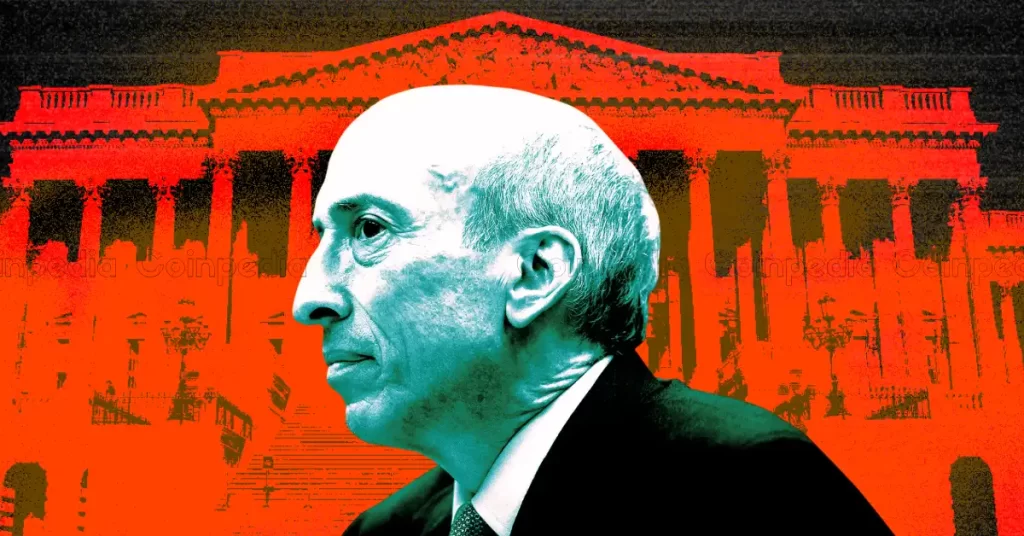You are here: Home / News / Bitcoin Share Ratio Surge : U.S. Entities Surpass Offshore Entities by 65%

January 9, 2025 by Mwongera Taitumu
- U.S. Bitcoin holdings surge, outpacing offshore entities by 65%.
- Institutional investments, like MicroStrategy, drive U.S. market dominance.
- Global nations explore building national BTC reserves amid trends.
The balance of Bitcoin ownership has shifted, with U.S. entities now holding 65% more than offshore counterparts. This trend, fueled by institutional investments and a surge in market activity, marks a major shift in the crypto world.
U.S surpasses offshore holders in BTC
U.S. entities currently hold 65% more BTC than offshore entities, according to recent CryptoQuant data. The ratio of U.S. to non-U.S. Bitcoin holdings surged from 1.24 in September 2024 to 1.66 in December 2024. As of January 6, 2025, the ratio remained at 1.65.
The increase in the U.S. Bitcoin holdings come after significant market developments such as the surge in BTC price following the U.S elections on November 5. The re-election of pro-crypto U.S. President Donald Trump sparked optimism in the market, pushing the value of BTC above $100,000. BTC reached its all-time high of $108,135, fueling increased trading activity and more investments.
Institutional players such as MicroStrategy have also contributed to the rise in U.S. Bitcoin holdings. The company recently acquired 1,070 BTC, bringing its total holdings to 447,470 BTC. Moreover, spot BTC exchange-traded funds (ETFs) saw significant inflows which led to a total of $108 billion in assets under management.
These developments come as several countries continue to consider having a national reserve. While the U.S institutions strengthen their BTC positions, other nations are considering similar strategies. Russia, Poland and Vancouver have expressed their intentions to establish strategic Bitcoin reserves.
U.S Government role in high Bitcoin ratio
The increase of U.S. share of Bitcoin holdings is also linked to government involvement and the role of large-scale investors. Some experts believe that U.S. entities have gained an edge in the market, while others argue that the trend could be changed. For example, economist Steve Hanke has expressed concerns about the negative implications of a strategic BTC reserve to the economy.
Hanke argued that investing in Bitcoin may not drive economic growth or innovation in the U.S. economy. He stated that savings funneled into BTC would not contribute to the production of capital goods or job creation. He emphasized the need for increased productivity to maintain a prosperous economy and improve the standards of living.
Meanwhile, institutional investments in BTC have increased rapidly in the past year. Large investors such as corporations and government entities are redefining the BTC ownership space. This development shows the increasing institutional adoption of digital assets.
However, some non-U.S. authorities have been exploring the possibility of acquiring BTC to boost their financial reserves. However, the debate continues on whether such reserves would have any economic benefits in the long term.

 9 hours ago
5
9 hours ago
5









 English (US) ·
English (US) ·